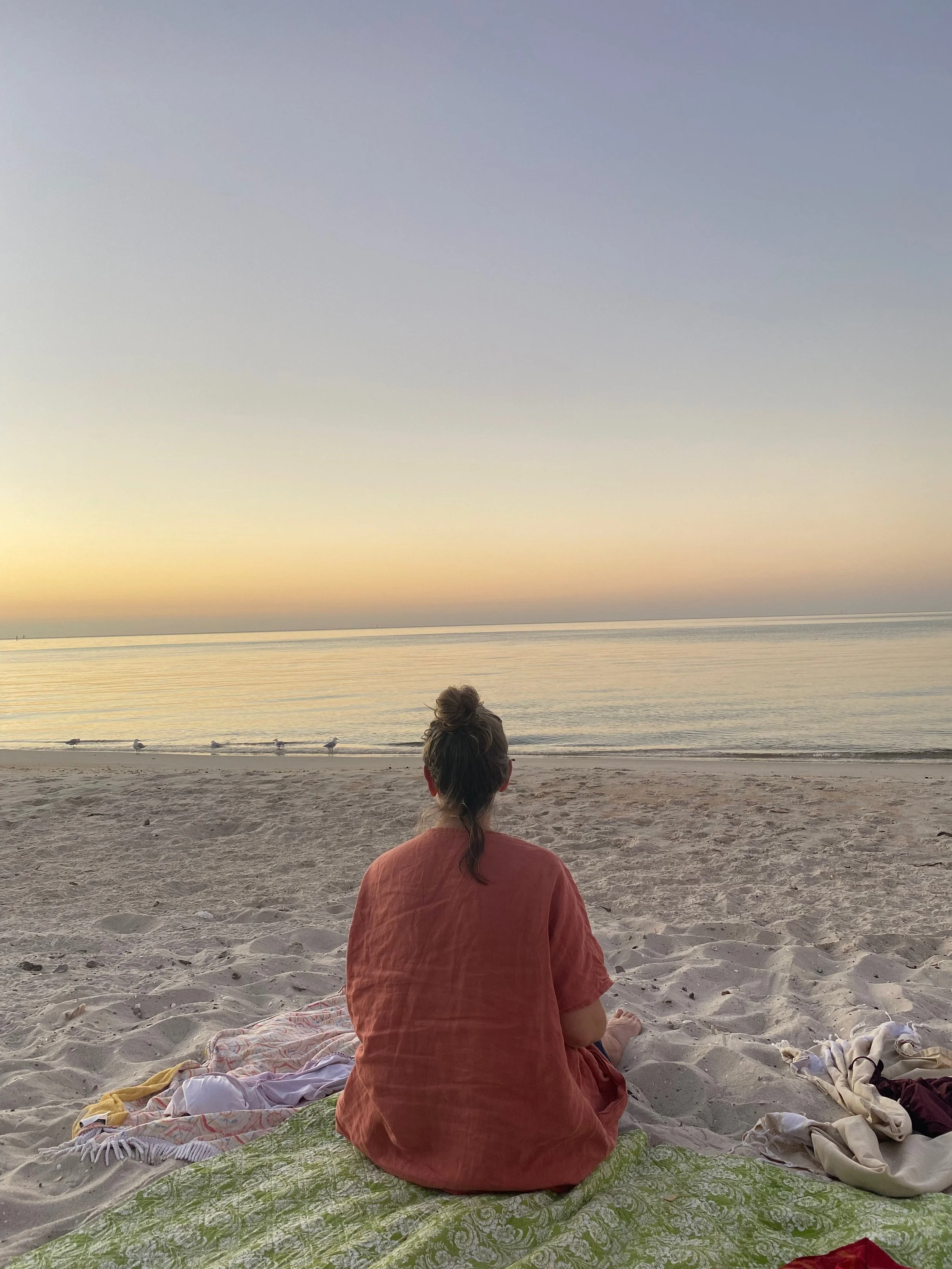What Happens When Self-Care Falls to the Bottom of the List?
We’re all unique, but neglecting self-care often leads to burnout, feeling stuck, or even illness. However, when we recognize the early warning signs and take action, we can minimize the toll it takes and avoid the bigger consequences down the road. For me, it’s a sore throat—the first signal that I’m pushing too hard. It’s my body’s way of telling me things are out of balance. If I ignore it, that signal only gets louder and harder to manage.
What Does Self-Care Really Look Like?
Quality self-care doesn’t require spas or retreats. Often, it’s about doing less, having less, and stepping away from what no longer serves us. It’s about making small, intentional adjustments that improve how we experience daily life.
Saying “no” more often.
Opting for a simple, healthy picnic-style dinner instead of a labor-intensive meal.
Clearing out mental and physical clutter.
Taking a pause when asked for something, and saying, 'Let me think about that', instead of automatically saying yes.
Self-care is not a luxury, it's essential
Self-care isn't an indulgence; it’s fundamental to our health and well-being, especially once the basics—shelter, food, and safety—are in place. It’s about becoming your own caregiver and taking responsibility for your well-being:
Cancel that commitment you’ve been dreading.
Let go of that thing you’ve been agonizing over and feel the sense of lightness that follows.
Say no to the next invite that doesn’t excite or benefit you.
Tackle that hard thing you’ve been avoiding so you can finally feel free.
Make space for the activities that make you truly feel alive
It’s also about tuning into your body’s signals—teeth grinding, tight shoulders, tension in the belly, shallow breathing, or rushed speech are all signs that you’re carrying too much. While you may not have the time for a full break, you can always take a moment to slow your breath, soften your shoulders, and mentally reset. These small pauses help release tension and bring you back into balance.
The Power of Simplifying
Sometimes, a quick 20-minute decluttering session can bring clarity. Follow the "10 to clear, 10 to tidy" rule, and don’t forget to take bags to your car for a charity drop-off. Everything we own or commit to has a cost—whether it’s physical, emotional, or time-related. A friend of mine calls this the 'price of admission.'
While there are moments when we willingly accept these costs, too often, people find themselves stuck, overwhelmed by obligations and clutter, far from where they want to be.
Create Space for Focus & Peace
Too much stuff, too many responsibilities, and too many activities lead to overwhelm. When we’re overloaded, we don’t function at our best. Our patience wears thin, and our nervous systems don’t recover properly, which can result in stress and illness. Sadly, this often means we miss out on the things we love or have been looking forward to.
Ask yourself - Is there a simpler way?
What would this look like if you simplified it? We put so much pressure on ourselves without even realizing it. Let this be your invitation to pause and question your next self-imposed standard. What will it take for you to be okay with doing things differently?
Maybe it’s time to lower your standards just a bit—and allow life to feel lighter.


